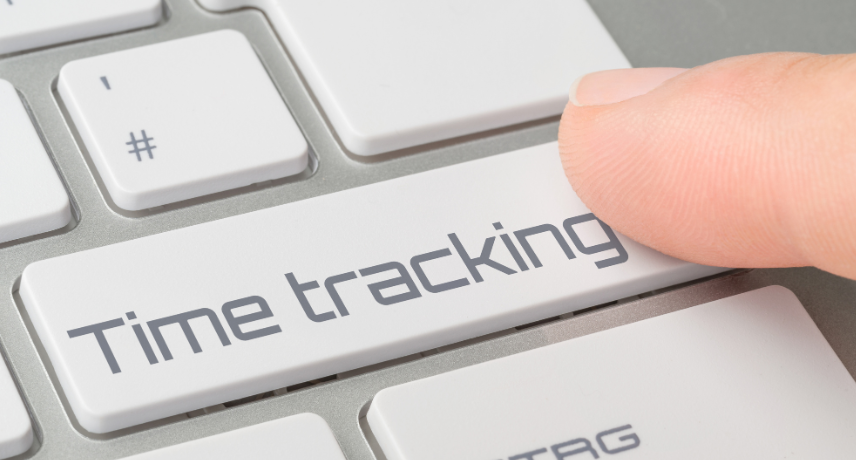
Enquiry Form
Essential Features to Look for in Time Tracking Software
Time is money in the modern business environment. Regardless of whether you are a freelancer, a manager, or a business owner, it is highly important to understand how your team is spending their time. Time-tracking software is therefore becoming a crucial part of companies of all sizes.
However, it also leaves you with a lot of alternatives to pick between. So, how to get the one? To assist you in approaching the most appropriate decision, the following are the most prominent features that you must expect in a fantastic time-tracking tool.
1. Automatic Time-Keeping
The best time-tracking system must automatically capture the time spent on projects and tasks. This will imply that you will not need to set time limits manually. The program is expected to run in the background and record time efficiently.
This will be time-saving, and at the same time the records will be error-free, particularly in situations where there is more than one task during the day.
2. Timesheet Management
Timesheet management is a mandatory feature. This enables staff to check and report their working hours at the end of the week or at the end of the month. Timesheets can also be approved by managers in a short time.
It works well in calculating payrolls, so everyone receives the payments in the right manner and within the specified time.
3. Task/Project Tracking
You must be able to mark tasks as billable or non-billable using the tool. This will assist the managers in knowing where they spend their time and which tasks take more time than anticipated.
Understanding the time necessary to complete every task enhances planning, budgeting, and team output.
4. Tracking Billable Hours
Billable hours are an important metric to freelancers and other service providers. The tool must enable you to label tasks as billable and non-billable.
This is useful when you have to create invoices or reports for your clients.
5. Invoicing Integration
In some cases, trackers contain their own invoicing, or they connect to other accounting services such as QuickBooks or FreshBooks. You are able to generate invoices immediately depending on the hours worked.
This is time-saving, and it minimizes chances of billing errors.
6. Access in the Mobile App
In the current abstract and remote work culture, it is important that time can be tracked wherever one is. A trustworthy mobile application will help to clock in/clock out, log time, or view tasks at any location.
This is particularly useful to field workers, freelancers, and remote teams.
7. Team management and user management
Team management? Seek to have features that allow you to assign roles, establish permissions, and track team performance. Managers are expected to know who is working on what and change the workloads accordingly.
Having good team tracking assists with accountability and improved project management.
8. Productivity Reports
High-quality time-tracking software must generate reports that show productivity levels, tasks completed and accomplished, and time consumption. These insights enable you to improve working practices and cut time wastage.
By having improved reports, you are able to make smarter and data-driven business decisions.
9. Combination with the Other Tools
The software must integrate smoothly with other tools you are currently using: Slack, Trello, Asana, Microsoft Teams, or Google Workspace. It saves you an additional process and also can assist in simplifying your workflow.
Grouping things in a single area enhances efficiency and time saving.
10. User-Friendly Interface
Finally, the software must be user-friendly. An intuitive and clean dashboard will allow employees to start working in no time—even non-tech-savvy employees.
The easier it is to operate, the higher the chances that your team will use it regularly.
Good time-tracking software can get you to manage time, improve productivity, and expand your business. Whether you work as an individual freelancer or have a big team under you, appropriate features make a difference.